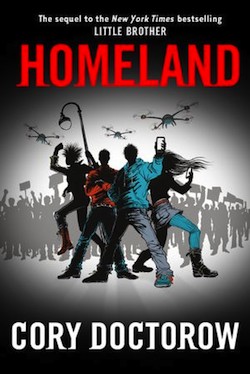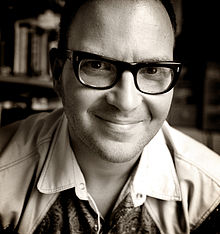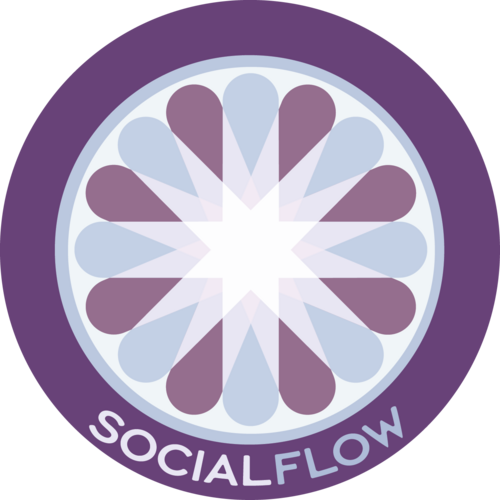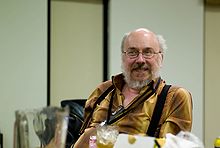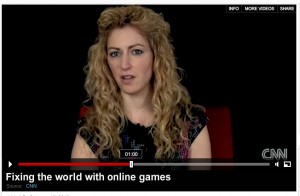Many wonder, including myself, whether Twitter is useful in society and if it is “the future of online marketing.” Scott Fox talks about why he thinks that Twitter is over and has “jumped the shark” in his article Twitter has Jumped the Shark on his website scottfox.com.
Scott Fox is a lifestyle entrepeneur, blogger, podcaster, and an author. He has written Click Millionaires, e-Riches 2.0, and, Internet Riches. He considers himself a “Click Millionaire,” as he works part-time on projects that he enjoys with no boss. He does not necessarily make a million dollars online, but he enjoys helping others in finding satisfying, ethical work that you may enjoy to allow you more flexibility, independence, and creativity to live like a millionaire every day.

Twitter
Source: Mother Nature Network
Scott Fox brings up five seperate reasons for why he does not support Twitter as an online marketing tool. First, he states that Twitter is too easy to use. People are easily capable of babbling about random nonsense, and this is where this happens. Spamming often occurs because it is more acceptable on Twitter. Twitter is used for conversation, however spam is taking over the conversation with little real interaction among users.
Second, there is little synchronicity. Those who are in different time zones tend to have lag time inbetween posts. This allows for insufficient interaction between people if they want to continue a conversation every minute. For those who are in a different country than you, they are basically “virtually invisible” on Twitter.
Third, people with more than a million followers, or even hundreds of thousands of followers, probably get positive reactions when tweeting something interesting. Many find that those who have a great number of followers already are a celebrity or devote their time solely to social media because this is their job. However, for those who are beginning marketers and small businesses, it is very difficult to have some thousand followers.
Fourth, automation tends to be an issue on Twitter. Twitter has allowed partners to share APIs and data, which has allowed a large ecosystem of Twitter apps and tools. However, this has created a system in which it is easier to “pre-schedule, re-tweet, and manage multiple Twitter accounts” without having any value or even human presence.
Lastly, Twitter is allowing an increased use of advertising. Now, if you have twitter, you may already know that there are several advertisements that are there. This will cause a “deathly crowded Twittersphere” that will be unwanted by many users.
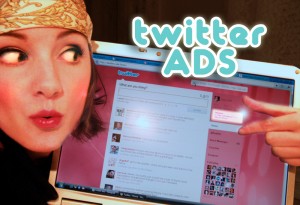
Twitter Ads
Source: What’s Your Digital IQ
Twitter used to be a simple place for people to have open conversation and marketing with the public population. I do not have a Twitter because I do not find it useful in anyway to my life. I am only aware of people using it to inform other people, such as friends or family, as to what they are doing and where they are. Others use Twitter so that they are aware of celebrities they like and can find out where they are and what they are doing. With Twitter becoming more advanced in unnecessary ways, there may be a decrease in users over time.


